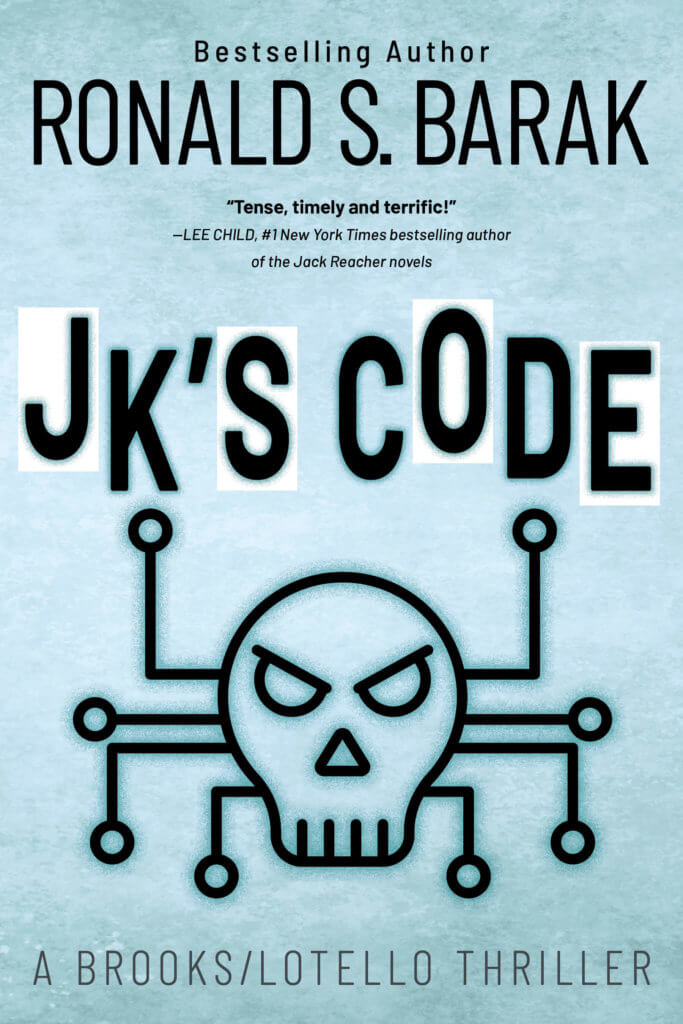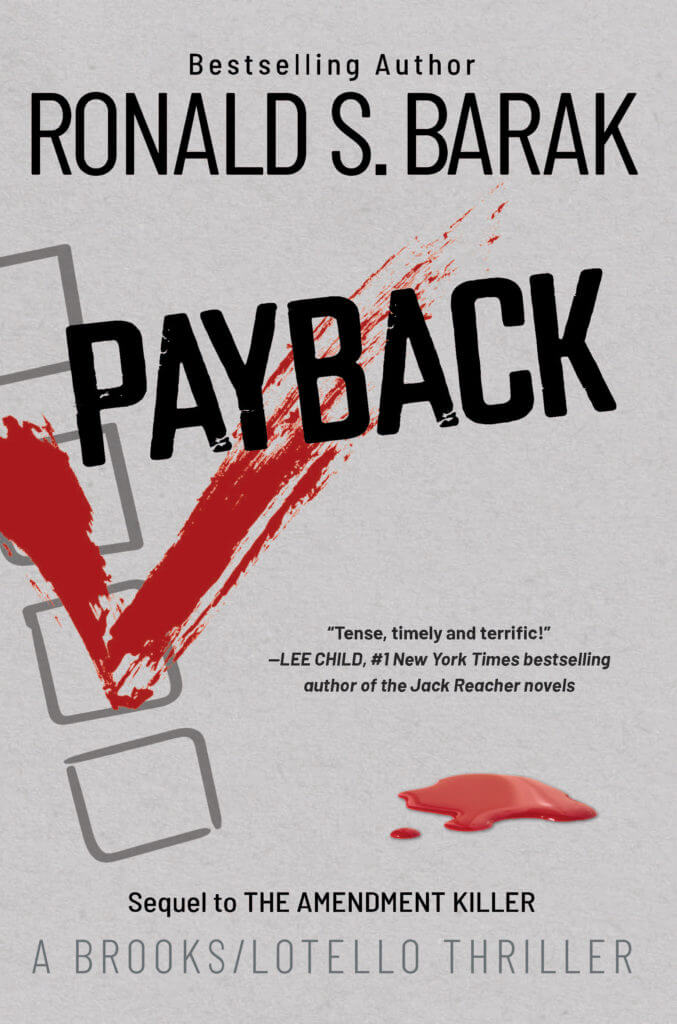 Believe you me, this is going to be one locked grid.
Believe you me, this is going to be one locked grid.
And indeed, shouldn’t it be?
Whether you’re a liberal or a conservative, the Supreme Court has just lost one of its all-time stalwarts (some might say bulwarks), singularly devoted to the Court and to the Constitution. At a time when many think the Court has become way too politicized, Justice Scalia was singularly devoted not to what is politically correct but to what he believed was intellectually correct. He had no patience for the opinions of those of his colleagues which he thought could not rationally be defended, but he managed to express his views with humor as well as candor.
It is a bit sad that the word today is so much more about the spoils to be gained by the unexpected death of Justice Antonin Scalia than the man himself. (Justin Scalia is said to have died in his sleep from a heart attack this Friday night, at the age of 79).
Which brings me to the point of this piece: Not just how Justice Scalia’s successor will be selected, but . . . when.
Under our Constitution, the President “appoints” a successor, on which appointment the Senate will then “advise and consent.” Translation: The President nominates and the Senate must then approve. Without that approval, the nomination means nothing.
President Obama says that he will appoint a successor in short order and that he expects the Senate to do its job in short order as well, to hold hearings and then vote on the appointment. Senator Mitch McConnell, Republican majority leader from Kentucky, immediately responded that there will be no advise and consent hearings until an appointment is first made by our next President.
Clearly, Obama has the Constitutional right to appoint a successor now. There is no reason why he should be expected to show any restraint in exercising his Constitutional prerogative. What will be more interesting is what kind of a candidate he will appoint, an extreme liberal like his two appointments to date or someone more balanced, a bit more in keeping with the conservative Justice Scalia. If Obama has any genuine expectation of the Senate paying his appointment any attention whatsoever, he will need to show some moderation. That’s hard to imagine, but absent that any expressed expectations on his part is nothing more than the same ‘ol, same ‘ol political rhetoric.
Conversely, the Republicans, who control the Senate, and can—and will—be expected render any Obama appointment a meaningless, idle gesture, are perhaps Constitutionally more vulnerable to criticism in their decision to stonewall any Obama appointment of someone to succeed Justice Scalia..
On the one hand, a fair reading of the Constitution requires that the Senate act within a reasonable time after Obama makes his appointment. After all, it’s not like they’re too busy exercising their daily responsibilities to undertake their advise and consent duty in a timely fashion. On the other hand, given the extreme dysfunctional climate of our government, including the shameful political polarization of the Court, it also seems quite reasonable for the Senate responsibly to ignore President Obama at this point and provide “we the people” the unusual opportunity to influence this incredibly important choice–that will impact the dynamic of the Supreme Court for the next twenty or thirty years–by allowing them, after eight years of unimpressive governance, to choose a new President who will then more credibly appoint Justice Scalia’s successor.
And note: While an approved appointment by Obama would be an appointment by a Democratic appointment, the Republicans have no assurance that the next President won’t also be a Democrat. In fact, if Americans reject this refusal of the Senate to advise and consent now, they may be increasing the odds that the next President will be a Democrat. For what bearing it may have, and for whatever reliability they may have, polls today show that only 20% of Americans believe the Supreme Court is too conservative–in spite of the fact that conservatives, including Justice Scalia, held a five to four advantage over the liberal coalition on the Court.
So, how do you line up on the question of how—and when—the Senate will advise and consent on Justice Scalia’s successor?
But no matter what you think about this timing issue, make no bones about it: This is going to be one locked grid until after we have a new President.
Join the discussion either by logging in just below or by signing into your favorite social media outlet. If you’re having trouble, please follow these instructions to guide you! Thanks!







